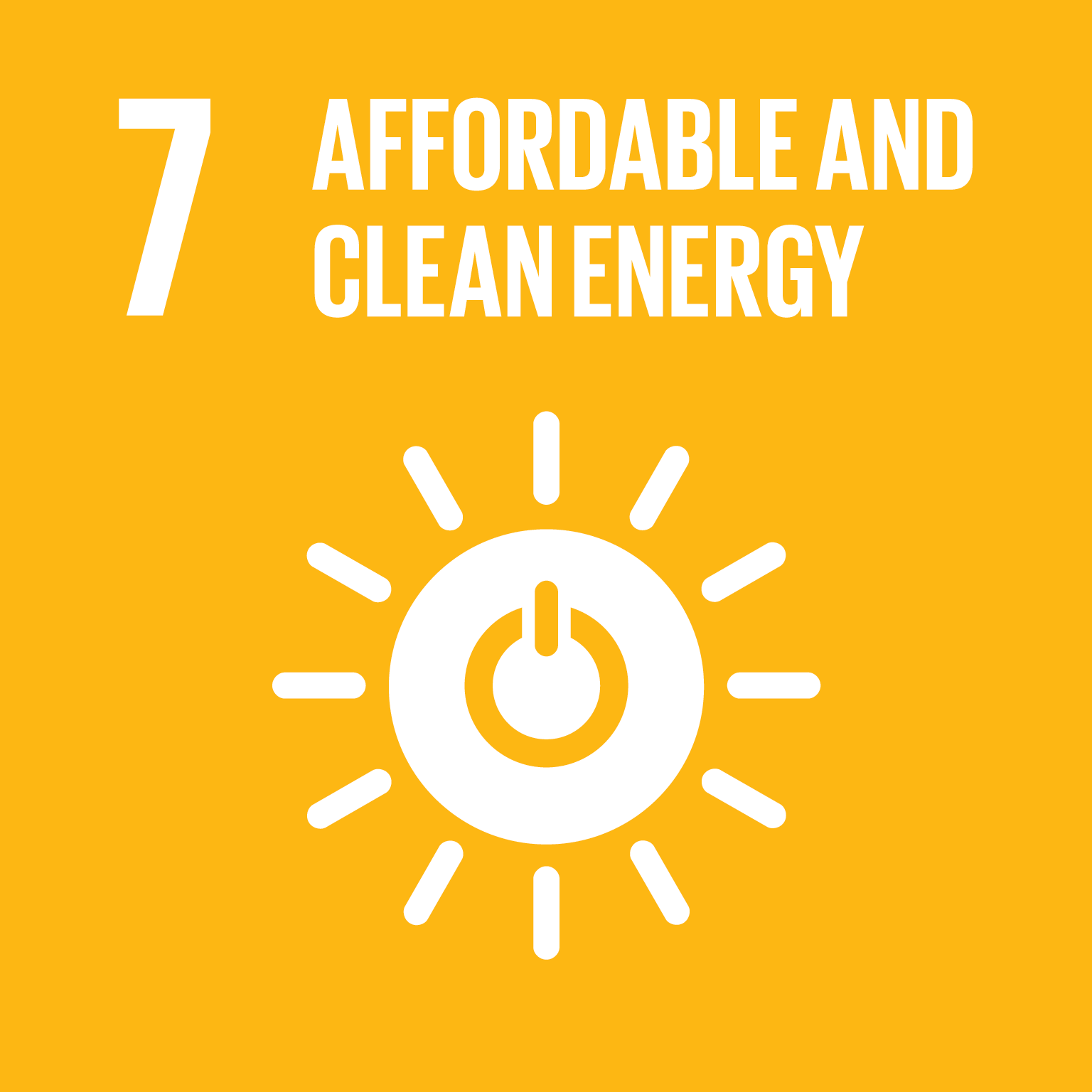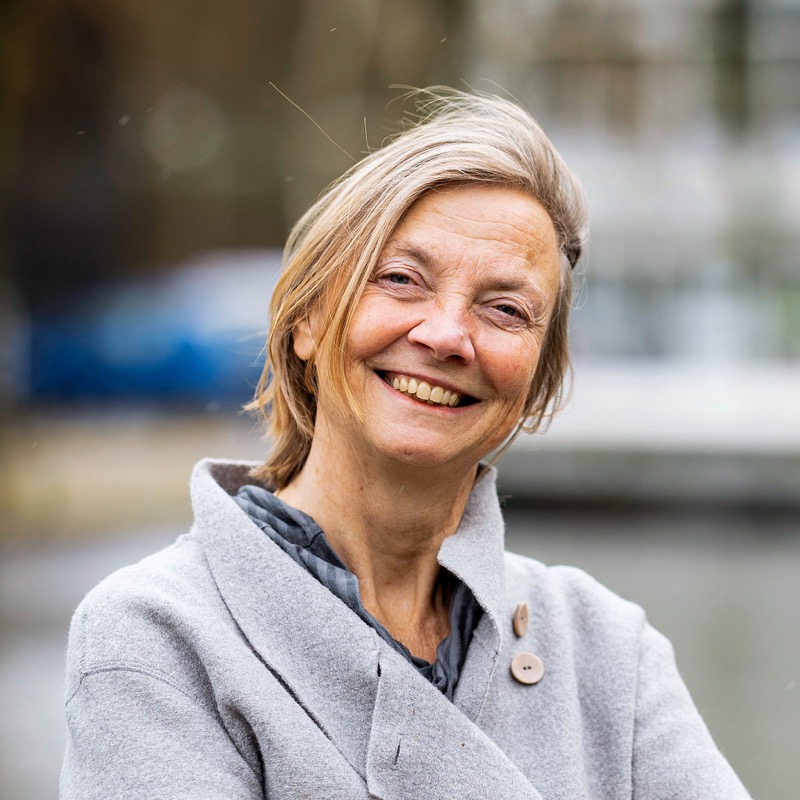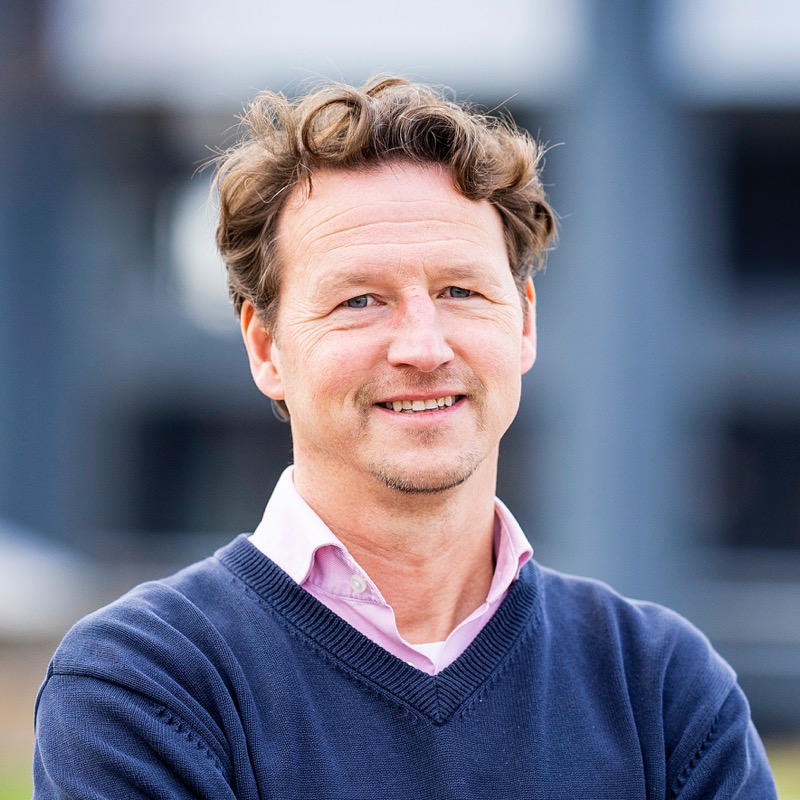Accelerating the heat transition
In order to combat climate change and halt the progression of global warming, it is imperative that we expedite the shift from fossil fuels to sustainable energy sources. In the context of the heat transition in urban development, the Dutch government, industry, and research institutes have identified renewable energy sources for collective heating and cooling systems. In these systems, water and the subsurface assume pivotal roles as both energy sources, including aquathermal and geothermal energy, and as mediums for heat storage and transportation. The primary challenge lies in harmonising the reliable and sustainable utilisation of energy derived from water and the subsurface while ensuring practical integration in urban areas.
Toolkits to design and plan sustainable heating systems
Deltares has the expertise to design, manage and monitor sustainable collective heating and cooling systems from water and the subsurface. We have developed modelling tools that help to design and plan collective heating networks,and that can be used by both heating companies and municipalities. An example of such a tool is the Design Toolkit for collective heating systems, which facilitates the design and planning process with multiple stakeholders towards a transparent final investment decision. The Design Toolkit is already used by different organisations in the district heating value chain, including Greenvis, EBN and the City of Rotterdam.
Collaboration to enable large-scale implementation
To accelerate and upscale the use of collective heating and cooling systems, smooth collaboration between various public and private parties in the heat chain is a prerequisite. The technical and social integration of systems is needed, as in, for example, the Solar District Heating grid in Haarlem. Here, as part of the de ZONNET consortium, Deltares, Triple Solar and Fortes Energy Systems have developed an innovative substation to distribute the heat flows from the rooftop PVT panels to the heat pump and the 5th generation district heating cooling grid (5GDHC). The novel solar district heating concept outperformed nine other sustainable heating solutions. On the basis of these results, the Haarlem city authority received national (PAW) funding and it has highlighted the potential of this solar district heating concept in eleven other neighbourhoods in Haarlem. The upscaling potential is 2 million homes in the Netherlands.

'Sixty percent of Dutch homes are suitable for low-temperature heating without modifications to the building envelope or radiators, according to research by WarmingUP. These houses can already transition to a heat pump or other sustainable energy sources, which is a game-changer.'
Ivo Pothof – Specialist in Renewable Energy and Industrial Flows at Deltares
Experimental expertise is indispensable
Our experimental laboratory facilities are used for research into thermal energy storage systems. We aim to play a leading role in the transition towards renewable energy sources for heating by further developing the knowledge base for aquathermal and geothermal energy. In addition to our lab facilities, Deltares has extended our capabilities to perform field measurements in all possible conditions, such as the measurement project in 200 homes looking at the feasibility of low-temperature heating. With these results the modelling assumptions to determine the design heat output of dwellings are being updated to establish more future-proof assumptions.
In the heat value chain, we work with partners from academia, government, utility companies and the private sector, for example in the WarmingUP consortium. The specific experience and knowledge of these partners guarantee a direct testing environment and uptake of the knowledge, products and developed tools.

Tests are conducted in the Deltares Water-Soil Flume with various measuring techniques to monitor the heat distribution of high-temperature aquifer thermal energy storage (HT-ATES).

Sustainable development goals
Affordable and clean energy

Sustainable cities and communities









